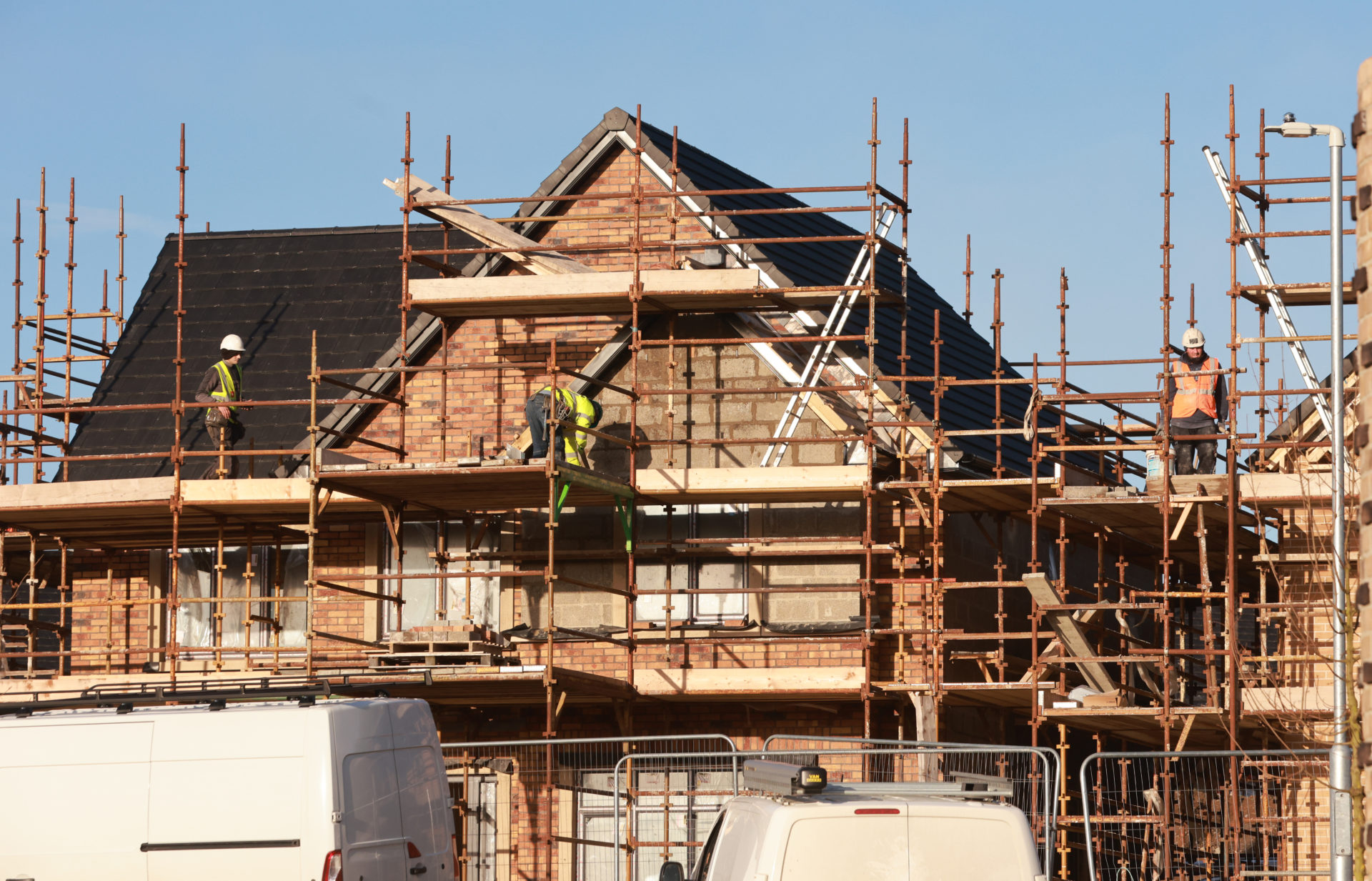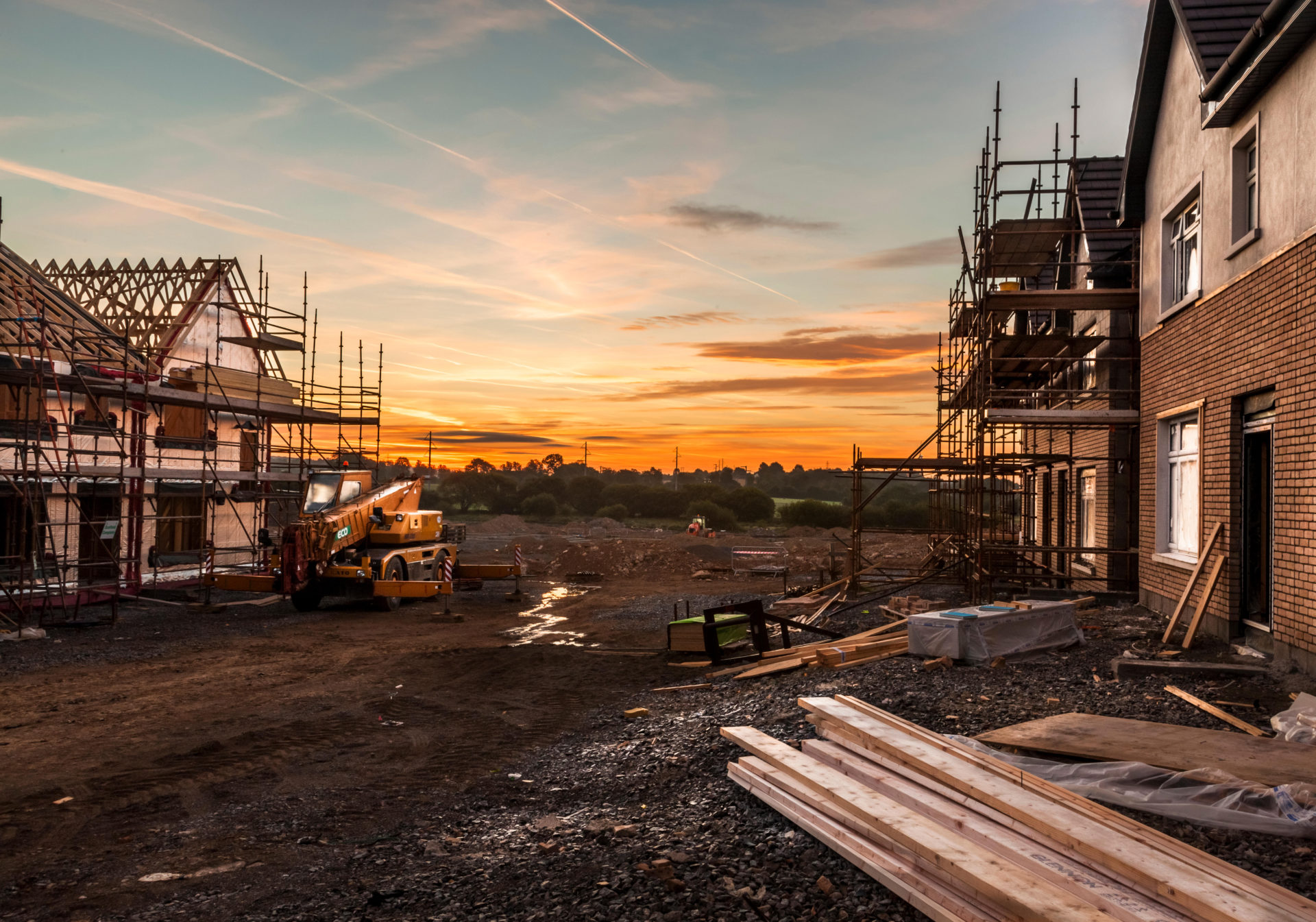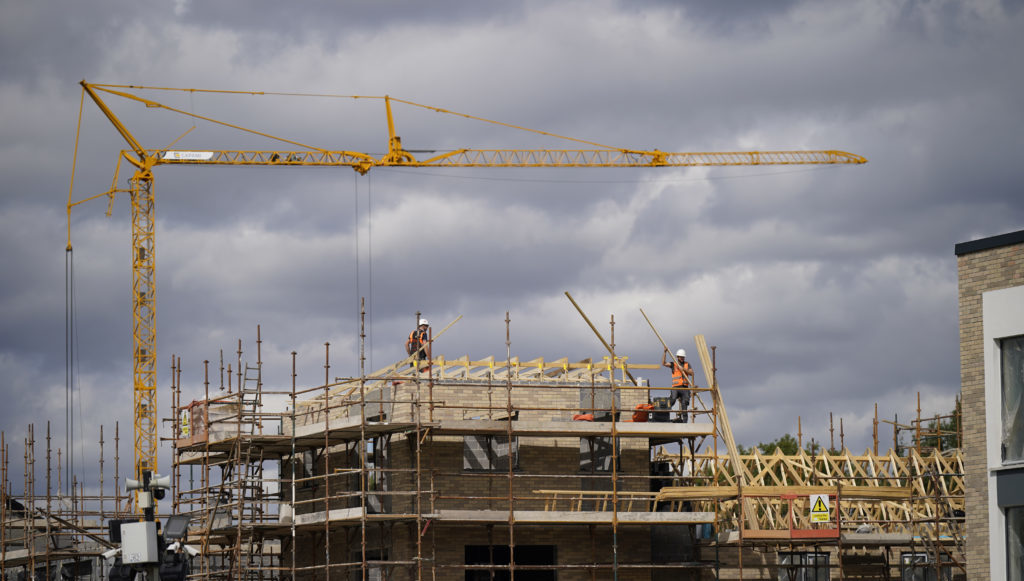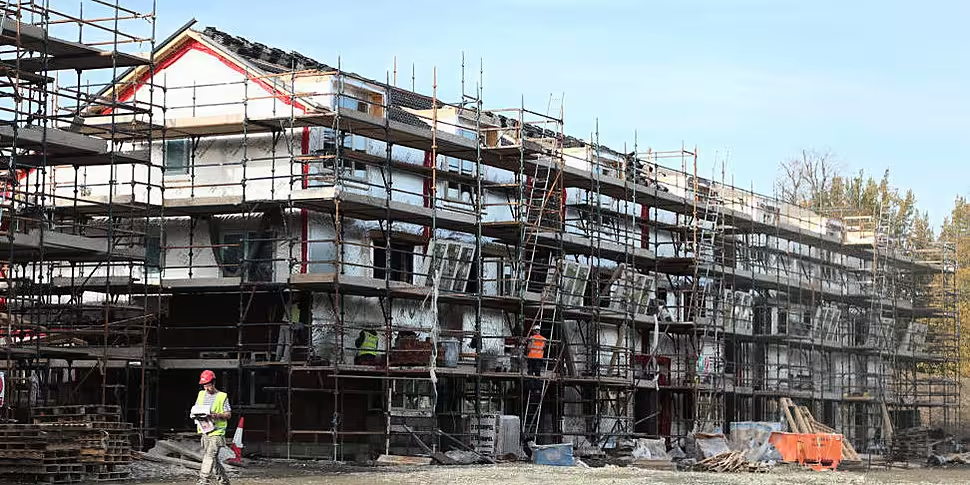Could tax incentives help solve the housing crisis?
Last year, 30,330 new homes were built in Ireland - a 6.7% decrease on the figure for 2023.
The Government is understood to be considering tax breaks for developers as part of a series of measures to boost house building.
To critics, it is unsettlingly reminiscent of the policies of the Celtic Tiger; while to others, it makes perfect sense.
On Newstalk Breakfast, BDO Head of Tax Derek Henry said the reason why house building has dropped is because developers do not have the money.
“There’s issues around planning and zoning, there’s issues around infrastructure,” he said.
“But with all the good work that the Government are doing, we’re seeing areas where there’s particular challenges and those challenges are coming about as a result of viability.
“We saw last year there’s been a 24% drop in the number of apartment completions.
“Also, we’re seeing that we have about 50,000 apartment schemes that currently have planning but haven’t commenced.
“The reason that these haven’t commenced is down to viability.”
 New housing in Newbridge County Kildare. Picture by: Eamonn Farrell/RollingNews.ie
New housing in Newbridge County Kildare. Picture by: Eamonn Farrell/RollingNews.ieMr Henry said that even though the Government has put a significant amount of money into housing, it can only solve the housing crisis with the help of the private sector.
“It doesn’t have the funds and the capital to do it on its own,” he said.
“So, it needs to mobilise private capital and it needs to work hand in glove with private industry and private capital to effectively address the housing crisis.”
 A housing development under construction in Carrigaline, County Cork. Image: David Creedon / Alamy Stock Photo
A housing development under construction in Carrigaline, County Cork. Image: David Creedon / Alamy Stock PhotoTo those who argue that tax breaks could end up harming the economy, Mr Henry said it depends on the circumstances.
“Tax incentives are powerful,” he said.
“Like any powerful tool, they need to be measured and controlled and, I suppose, what happened in the past was that they left to get out of control.
“But it wasn’t the tax incentives, it was the way they were designed and the planning.
“So, they facilitated housing and development where there wasn’t a market failure, where the supply was there.
“So effectively, it increased what we call ‘deadweight’, where the Government was incentivising activity that would have happened already.
“So, that’s why we’re saying they need to be very targeted, they need to be measured and they need to be monitored.”
 Houses under construction. Picture by: PA Archive/PA Images.
Houses under construction. Picture by: PA Archive/PA Images.Mr Henry said tax breaks have previously been very effective at regenerating deprived parts of Dublin.
“So, for example, they’ve been very powerful in terms of redeveloping the IFSC, the docks, Temple Bar,” he said.
“That was all no-go areas that were incentivised and reinvigorated and brought to the international standard that we have now through tax incentives.”
Main image: A new housing development in Dublin. Picture by: PA Archive/PA Images









